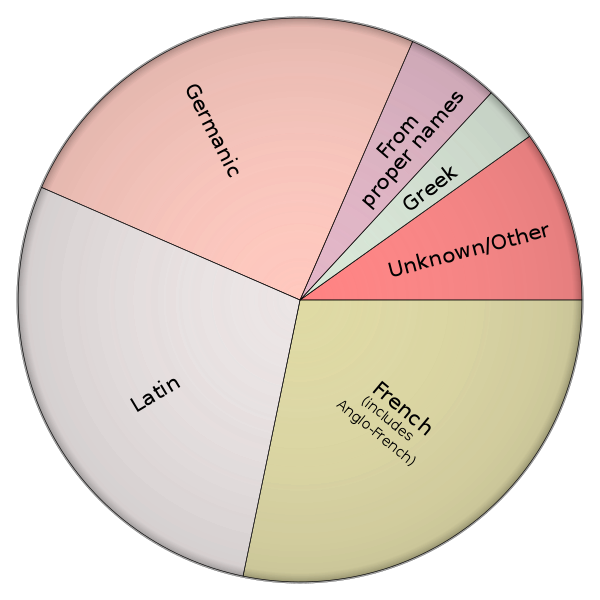Switching languages switches personality. I knew that.
Wednesday, June 25, 2008

I've always talked about this phenomenon, and now it's good to see that there's proof. Whenever you learn a new language you also create a separate personality within yourself that concerns itself with other things - when using Korean you concern yourself with whether the person you're talking to is older, younger, close to you or not, and certain words in one language that sound really bad don't sound nearly so bad in a language you might have picked up later. Or sometimes worse.
Some interesting parts of the article:
People who are bicultural and speak two languages may unconsciously change their personality when they switch languages, according to a U.S. study..."Language can be a cue that activates different culture-specific frames," the researchers said in a study published in the Journal of Consumer Research.and:
In one of the studies, a group of bilingual U.S. Hispanic women viewed advertisements that featured women in different scenarios. The participants saw the ads in one language - English or Spanish - and then, six months later, they viewed the same ads in the other language.
Their perceptions of themselves and of the women in the ads shifted depending on the language.
"One respondent, for example, saw an ad's main character as a risk-taking, independent woman in the Spanish version of the ad, but as a hopeless, lonely, confused woman in the English version," said the researchers.







2 comments:
I wonder if this is anything more than suggestive of potential research avenues. They didn't have any control groups or monolingual subjects, and the article doesn't mention any statistical analysis. Why wait six months? Why not just have two sufficiently large groups of bilingual people, and show one group the English ad and one group the Spanish ad? Then you could see if there were statistically significant differences in the group's perceptions, which you wouldn't expect to see since they were randomly assigned.
I wonder if this is anything more than suggestive of potential research avenues. They didn't have any control groups or monolingual subjects, and the article doesn't mention any statistical analysis. Why wait six months? Why not just have two sufficiently large groups of bilingual people, and show one group the English ad and one group the Spanish ad? Then you could see if there were statistically significant differences in the group's perceptions, which you wouldn't expect to see since they were randomly assigned.
Post a Comment